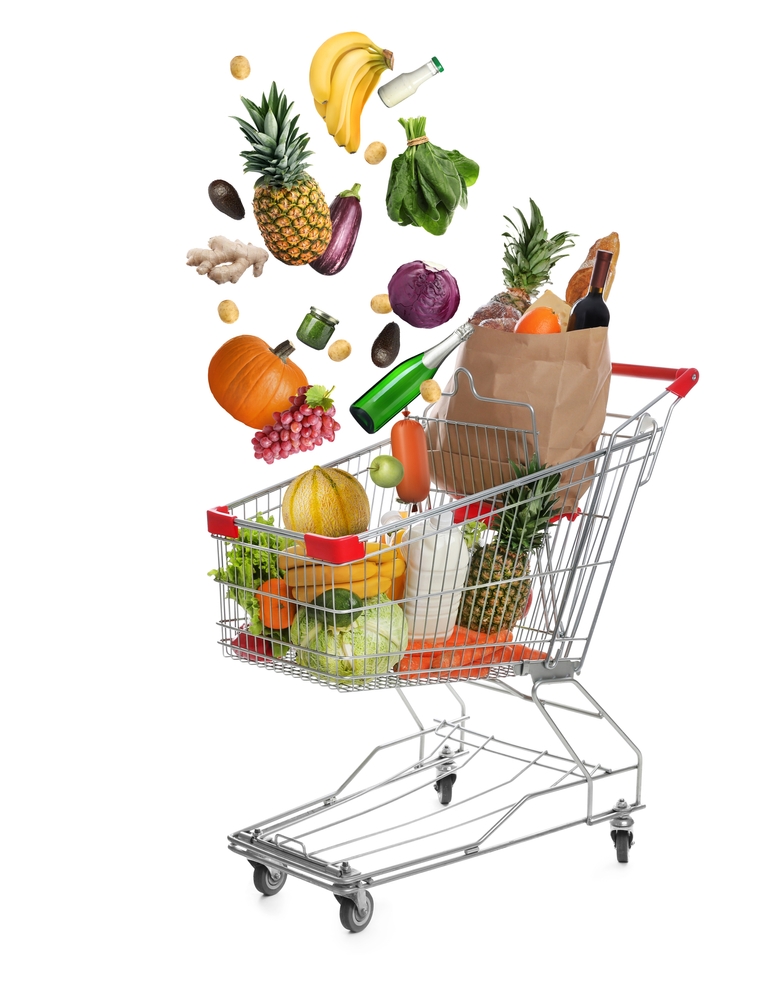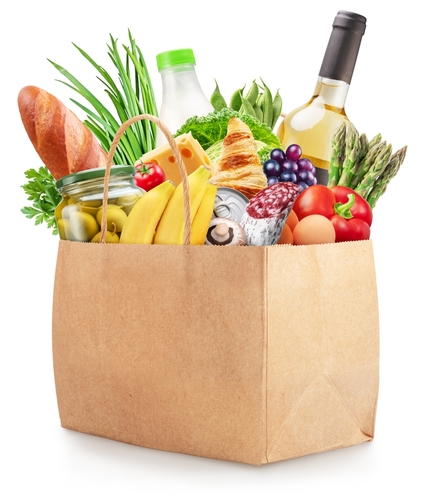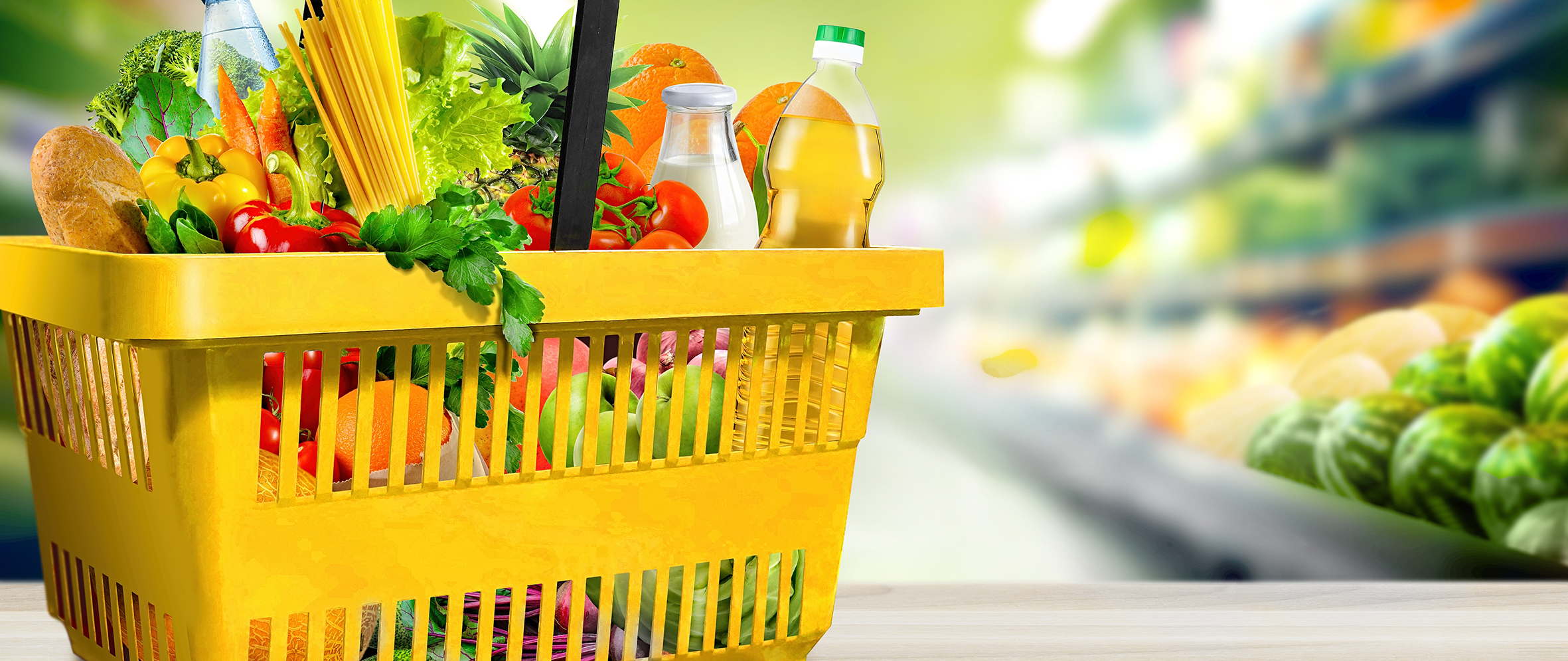A recent report by the United Nations found that over one billion tonnes of food was wasted in 2022, with each person throwing away 79kgs of food on average each year.
Not only does this report highlight the shocking waste of valuable resources, but it highlights a significant cost to everyday consumers. As the cost of living continues to rise, consumers are forced to tackle rising grocery bills.
It is estimated that UK households spend nearly £500 on groceries that end up in the waste bin every year. So what can you do to extend the life of your groceries and cut down food waste?
Mark Ross, the Global Brand Manager for TITAN Containers ArcticStore, which specializes in providing cold-storage solutions for the food and beverage industry, shares his top tips…

#1 Don’t wash veg right away
There are thousands of videos on social media showing an aesthetically pleasing fridge restock. These videos typically show users washing their produce and storing them in neatly organised storage containers.
However, it turns out that washing fruits and vegetables right away can actually increase the risk of bacteria and mould growth, which causes food to go off more quickly. You’re better off washing all your produce right before you intend to eat or cook with it.
#2 Remove the plastic wrapping
Most fruits and vegetables come in plastic packaging, which can trap moisture and accelerate bacteria and mould growth.
As soon as you get home, remove fresh produce from the plastic packing and store the produce in breathable containers. For extra longevity, place the produce onto a piece of absorbent kitchen towel to help remove any excess moisture.
Storing cheese in its plastic wrapping in an airtight container can also increase the growth of mould. Rather keep cheese loosely wrapped in wax paper and store it in a container with the lid slightly ajar, to prevent moisture from becoming trapped in the container.
#3 Freeze the leftovers
Leftovers placed into a container in the fridge can be easily forgotten and wasted. Some people may even avoid eating leftover food, for fear of getting food poisoning.
The best way to save leftover food is by storing it in a freezer right away. Not only does this preserve the freshness immediately, but it can also stop harmful bacteria from growing. However, be sure to properly label food and include it in your future meal planning so it doesn’t get forgotten in the freezer.

#4 Store at the right temperature
Knowing the ideal temperature to store your food is the best way to keep it fresh. The ideal temperature for most vegetables, meat and dairy products is between 3°C and 5°C.
Some vegetables, like onions and potatoes, are more likely to sprout quickly when stored in the fridge, so these should rather be stored in a breathable bag in a dark area.
Fruits and vegetables that produce ethylene, including bananas and avocados are likely to ripen faster so be sure to store these at room temperature away from each other to prevent them from going off quickly.
#5 Try some food preservation techniques
If you’re looking for some interesting ways to use up your produce, there a plenty of food preservation techniques that have been used for centuries. Not only can this reduce food waste, but offers delicious new products.
Fruits, like berries and stone fruits, which tend to go off most quickly can easily be turned into a delicious jam while vegetables like cucumbers, onions, cabbage and cauliflower can be pickled to create a tasty condiment that will last for months.
The Impact of Vitamin D on Hair Growth – Grow Gorgeous & Myvitamins





